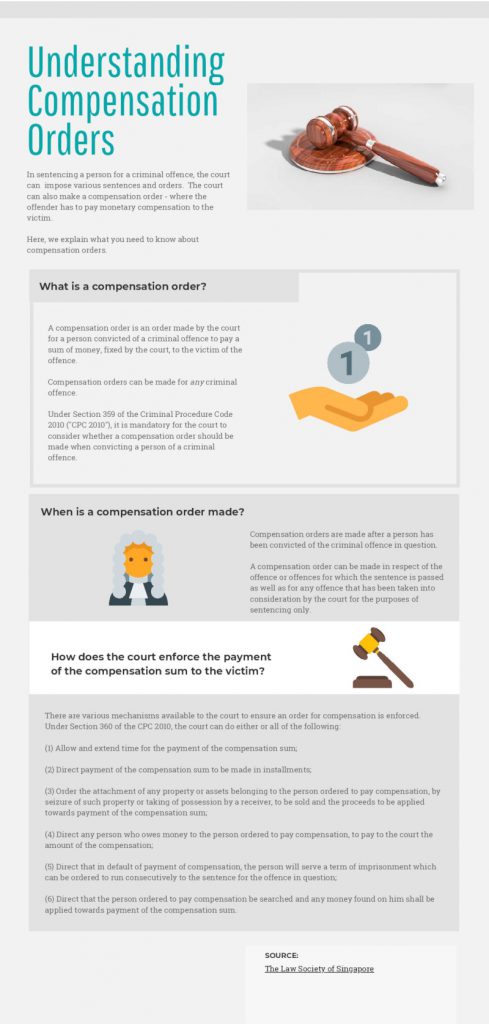The information in the Legal Fact Check Service is provided as a public service by the Law Society of Singapore. The information presented on this site is strictly for information. It is not legal advice and should not be treated as an alternative to seeking legal advice from your lawyer. The information provided in the Legal Fact Check Service is not a definitive analysis of the subject and professional legal advice should always be taken before any course of action is pursued.
Whilst the information presented is considered to be correct at the date of publication, changes in circumstances after the date of publication may impact on the accuracy of the information. The Law Society of Singapore reserves the right to amend any content at any time, at its sole discretion, without prior notice.
The Law Society of Singapore shall not be held liable for any damage or loss of any kind, howsoever caused as a result (direct or indirect) of the use of the Legal Fact Check Service, including but not limited to any damage or loss suffered as a result of reliance on the contents contained in or available from this site.
Understanding Compensation Orders
When a person is convicted of an offence, the court can order the offender to compensate the victim by making a compensation order. Under what circumstances can compensation orders be made and how are they enforced? Here are some key facts about compensation orders in Singapore.
Fact: Compensation orders can be made for any offence punishable by any written law in Singapore. Section 359 of the Criminal Procedure Code 2010 makes it mandatory for the court to consider whether a compensation order should be made when convicting an offender.
The infographic below explains more about compensation orders.


